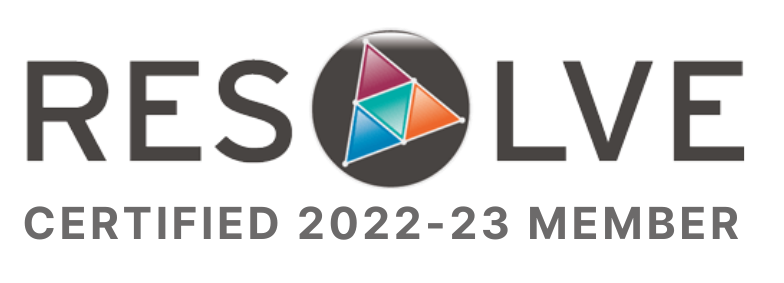We understand the impact anti-social behaviour (ASB) can have on you and your family, and we play an active role in addressing this. As well as working with partner agencies such as the police and local councils, we are also a member of the Western Suffolk Community Safety Partnership, working strategically to tackle criminal and anti-social behaviour across the region.
You can find out more about our ASB performance on our monthly performance page.
What is anti-social behaviour?
Examples of ASB include:
- Intimidation of neighbours and others, including threatened or actual violence.
- Persistent rowdy behaviour such as shouting, swearing, and fighting.
- Abusive behaviour aimed at causing fear to an individual or community.
- Using or threatening to use a property for an unlawful and/or immoral purpose, including drug use or dealing.
- Vandalism and arson.
- Loud and persistent noise not associated with the general use of a property or communal area.
- Dogs persistently barking.
- Environmental acts including; fly-tipping, dog fouling, vandalism, arson, and graffiti.
What isn’t anti-social behaviour?
If you are experiencing criminal behaviour, contact the police.
- Normal day-to-day activities – children playing for example, or normal household noise such as washing machines or vacuuming.
- Clash of lifestyles – where a person who works night shifts, may be disturbed by daytime activities from a neighbour.
- One-off activities, such as a party, or where a dog may bark intermittently, if someone knocks on a door, for example.
- Actions which amount to people not being pleasant to each other but are not sufficiently serious to justify our involvement, such as social media activity, hoax and nuisance calls, parking disputes and gossip.
Resolve

We are dedicated to continuously improving the way we manage ASB to ensure our residents and the communities in which they live remain safe. We are also proud to be certified members of Resolve. You can find out more about them here.

